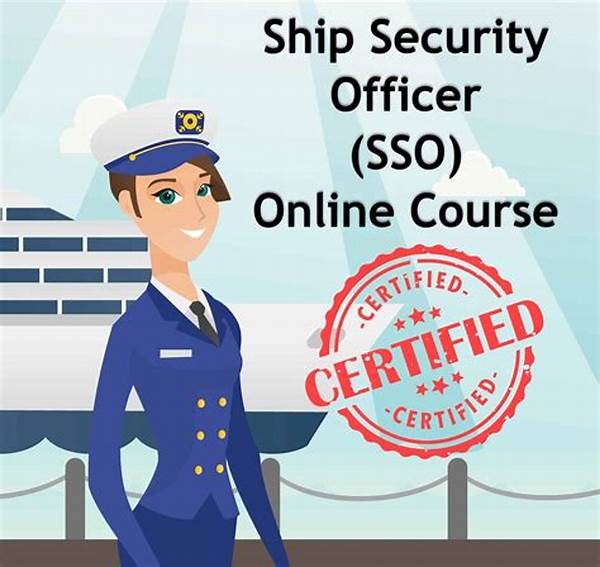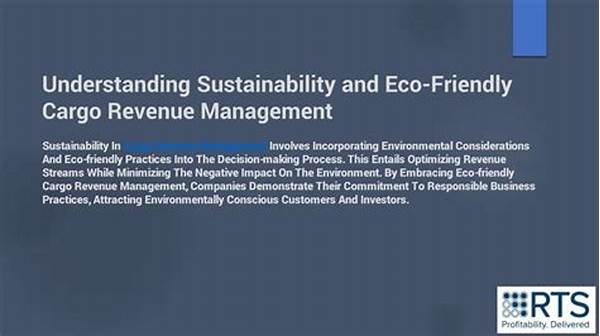Understanding Vessel Security Officer Certification
Alright, folks, let’s dive into the world of vessel security officer certification. So, you’re curious about what it takes to be the big dog on a ship when it comes to security, right? Well, you’re gonna need this certification to make that happen! It’s like the golden ticket that says you know your stuff when it comes to keeping a vessel secure. Picture this: you’re on a ship, cruising through international waters, and it’s your job to make sure everything is under control. That’s where vessel security officer certification comes into play. This certification ensures that you’ve got the skills to manage security threats, assess risks, and handle tricky situations out there on the big blue. With this under your belt, you become the go-to person, the maestro of ship safety. So, if you’re thinking this gig sounds like the right fit for you, start brushing up on what vessel security officer certification entails – it’ll open doors to new adventures and responsibilities on the seas!
Read Now : “role Of Sonar In Ocean Exploration”
The Importance of Vessel Security Officer Certification
1. You wanna keep the baddies at bay? Vessel security officer certification’s got your back.
2. It’s like the passport to the action-packed world of ship security.
3. Get the vessel security officer certification, and you’re the captain of safeguarding the seven seas.
4. With this certification, handling sneaky threats is just another day on the job.
5. Wanna be the superhero of maritime safety? Vessel security officer certification is your cape.
The Nuts and Bolts of Vessel Security Officer Certification
First things first, vessel security officer certification isn’t just a bunch of fancy paperwork. It’s an endorsement that you’re the real deal in safeguarding shipboard life. But what’s the deal with it, you ask? Well, beyond the paperwork, it’s about diving into security protocols, risk assessments, and incident management. Think of it as leveling up your maritime game. You’re not just a crew member; you’re the Sherlock Holmes of ship security, eyes peeled for anything out of the ordinary. With vessel security officer certification, your responsibilities multiply. You’re not only spotting potential hazards but also crafting strategies to counter them. It’s the badge of honor that shouts, “I got this!” in the world of nautical safety. Remember, it’s not just about getting the certification; it’s about owning it and rocking that security scene with confidence.
Read Now : Seamless Aviation And Maritime Integration
Key Elements of Vessel Security Officer Certification
The Road to Vessel Security Officer Certification
Embarking on the journey to vessel security officer certification is like unlocking a new level in the maritime world. It’s the badge of honor, the seal of approval that lets everyone know you mean business on the high seas. So, what’s involved? First up, you’ll dive into some serious training. This ain’t your average lecture hall stuff; we’re talking hands-on learning about security tactics, threat identification, and emergency coordination. Then, you’ll bring those skills to the table in simulations and real-world scenarios. It’s like practice to perfection, ensuring you’ve got the chops to handle security challenges like a pro. And then comes the moment of truth—earning your vessel security officer certification. It’s not just a piece of paper; it’s the ticket to being the maritime maestro, the person who stands ready to face any shipboard security challenge head-on. With this certification, you’ve got the green light to oversee vessel security with confidence and expertise.
Mastering the Art of Vessel Security Officer Certification
Let me tell you, when it comes to securing that vessel security officer certification, it’s not just about cruising through a course. Nah, it’s about diving deep like a submarine into the nitty-gritty of maritime security. First up, you gotta get your head wrapped around the International Ship and Port Facility Security (ISPS) Code—that’s your Bible. Then, you move into risk assessment mode, where you’re eyeballing every nook and cranny of that vessel, thinking like a potential threat. After that, it’s onto communication drills, coordinating like a boss with port authorities and local crew. Emergencies? Piece of cake. You’re prepped to jump into action whether it’s a security alert or a real-time threat. And don’t forget the paperwork—documenting every exercise, every plan, and every procedure. When you’ve got that vessel security officer certification, you’re not just part of the team—you are the cornerstone of the ship’s defense strategy.
A Summary of Vessel Security Officer Certification
Wrapping things up, vessel security officer certification isn’t just a fancy title to flash around; it’s a comprehensive endorsement of your badassery in ship security. To earn this mark of distinction, you’re gonna be knee-deep in learning about threat assessments, emergency protocols, and seamless communication with onshore authorities. With this certification, it’s your job to ensure the ship sails smoothly, avoiding any unwanted adventures with security threats. It’s a commitment to vigilance, being proactive in identifying and neutralizing risks before they become full-blown issues. Plus, it’s communicating with both the crew and external forces to make sure everyone’s on the same page. At the end of the day, earning that vessel security officer certification isn’t just about securing a certificate; it’s about saying, “I’ve got the skills and knowledge to keep this ship safe, come hell or high water.”




